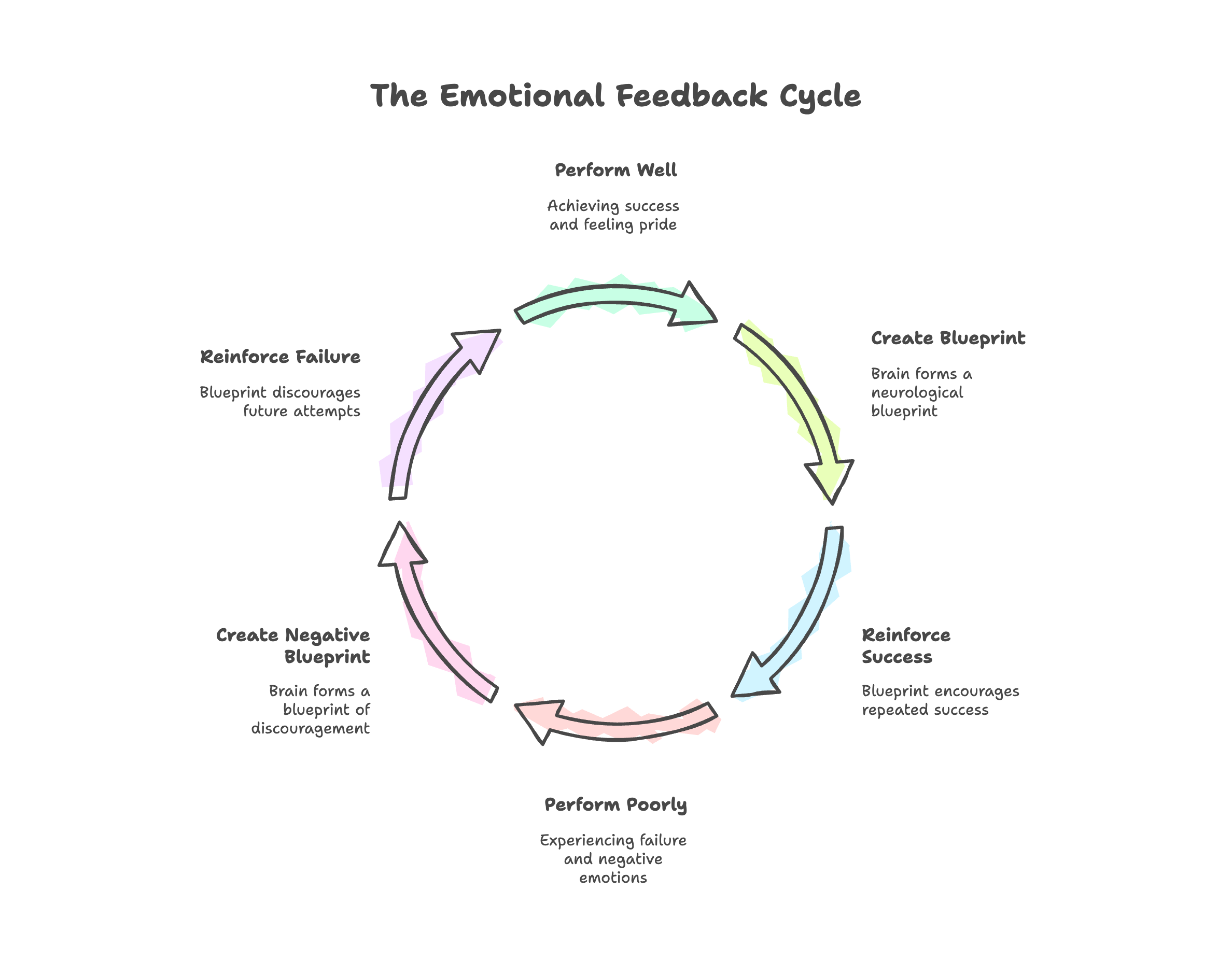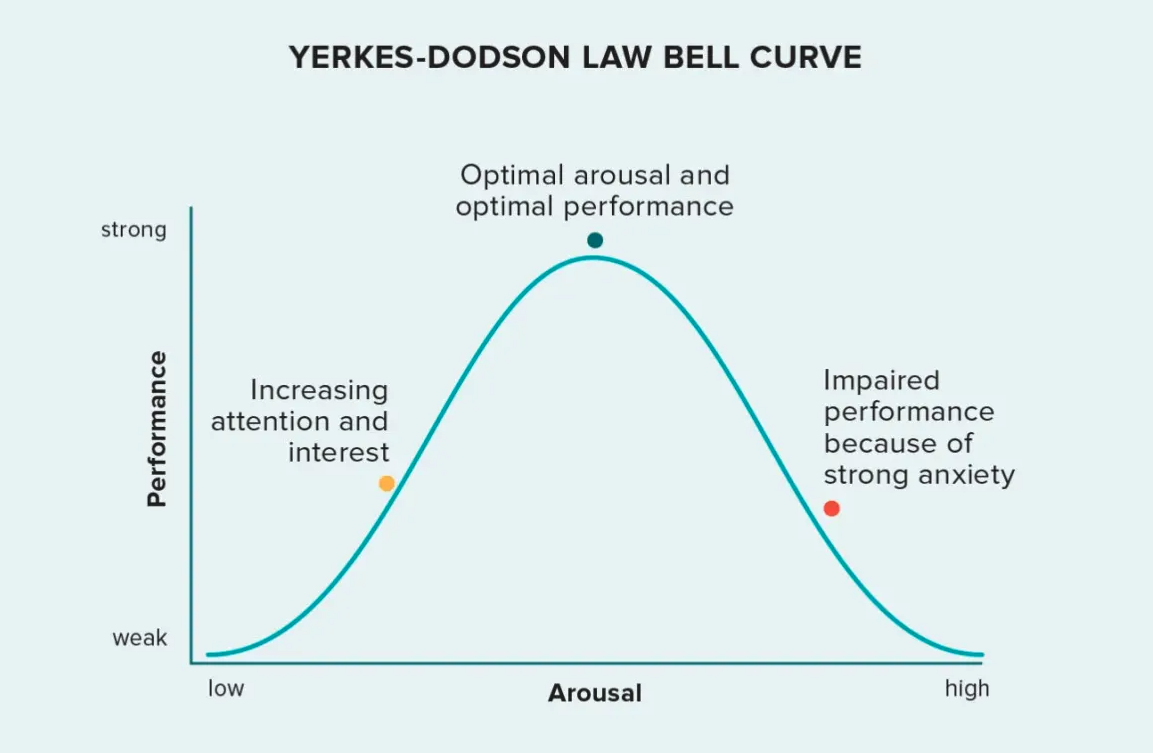The Emotion-Performance Connection: Why Your Feelings Are Your Secret Weapon
Or: How Posidiff Figured Out What Your High School Coach Never Told You
Opening Night: MOZART's Requiem at the Chorégies of Orange, June 28th, 2025
The Uncomfortable Truth About Performance
Here's something most performance consultants won't admit: they've been treating emotions like unwanted party crashers for decades.
"Leave your feelings at the door," they say. "Focus on the data." "Mind over matter."
Well, mes amis, that's precisely backwards.
At POSIDIFF®, we've spent years diving deep into the science of human performance, and here's what we've discovered: your emotions aren't sabotaging your success—they are your success. Or your failure. It depends entirely on whether you know how to dance with them.
The Science Behind the Magic
Let's get serious for a moment (don't worry, we'll get cheeky again soon).
Current research reveals something fascinating: emotions and performance are locked in what we call the "ultimate tango"—a complex, passionate, sometimes messy dance where each partner leads and follows in turn.
Your Emotional State Is Your Performance Predictor
Think happiness is just a nice-to-have? Think again.
Positive emotions like joy, confidence, and trust don't just make you feel good—they literally rewire your brain for success. They enhance motivation, sharpen focus, and build the kind of resilience that turns setbacks into comebacks.
Meanwhile, negative emotions?
They're not the villains everyone makes them out to be, but left unchecked, they can turn your performance into a slow-motion car crash. Fear clouds judgment. Anger narrows vision. Chronic stress? It's like running your Ferrari on cooking oil.
The Feedback Loop That Changes Everything
Here's where it gets really interesting. When you perform well and feel that surge of pride or satisfaction, your brain doesn't just file it away under "nice memories."
It creates a neurological blueprint that says, "Do that again." Success breeds success—but only if you're emotionally present for it. Research from institutions like McGill University highlights how emotional feedback is crucial for learning and adapting, reinforcing these positive loops [1].
The flip side? Poor performance followed by shame or anger creates its own blueprint—one that whispers, "Why bother trying?" This is how promising careers die and talented teams implode.
The Cluster Effect (Or: Why Some Teams Just "Get It")
Our research has identified something we call emotional clusters—predictable patterns that separate high performers from everyone else:
The Champions' Cluster: High performance + positive emotions = sustained excellence
The Strugglers' Cluster: Low performance + negative emotions = downward spiral
The Sleepwalkers' Cluster: Moderate performance + emotional flatline = mediocrity
Guess which cluster most organizations accidentally cultivate?
Finding Your Optimal Emotional Zone
Here's where Posidiff gets practical. Every individual has what we call their "optimal emotional zone"—that sweet spot where their emotional intensity aligns perfectly with their performance demands.
This concept resonates with principles in sports psychology, such as the Yerkes-Dodson Law, which illustrates how optimal performance often occurs at a moderate level of arousal [2, 3].
Too much intensity? You're a racehorse trying to thread a needle. Too little? You're sleepwalking through your potential.
The kicker? This zone is as unique as your fingerprint. What fires up your colleague might shut you down completely. What looks like "calm confidence" to you might feel like "crushing anxiety" to someone else.
Breaking the Cycle (Before It Breaks You)
The emotion-performance relationship is cyclical, which means it can work for you or against you.
Left to chance, most people end up in negative cycles—poor performance triggers negative emotions, which trigger even worse performance, which triggers... well, you get the picture.
Cognitive Behavioral Therapy (CBT) principles emphasize how understanding and altering these cyclical emotional and thought patterns can profoundly impact behavior and performance [4].
But here's the beautiful part: once you understand the cycle, you can hack it.
The POSIDIFF® Difference
This is where we stop being observers and start being architects. At Posidiff, we don't just tell you that emotions matter—we show you exactly how to leverage them. Through scientifically-grounded feedback systems and targeted self-reflection, we help individuals and teams:
Recognize their emotional patterns before they become performance traps
Regulate their emotional intensity to stay in their optimal zone
Harness their emotional energy as fuel for sustained high performance
We're not emotion coaches preaching about "good vibes only."
We're performance scientists who happen to understand that the human heart and the human brain are in constant conversation—and that conversation determines everything.
Recent neuroscience research continues to illuminate the intricate ways emotions influence decision-making, motivation, and ultimately, human action [5].
The Bottom Line
Your emotions aren't separate from your performance—they're the engine driving it. The question isn't whether feelings belong in the workplace, the sports arena, or the boardroom. They're already there, pulling the strings whether you acknowledge them or not.
The question is: are you going to let them run the show unconsciously, or are you going to step up and conduct the orchestra?
At Posidiff, we're in the business of turning emotional awareness into competitive advantage. Because in a world where everyone has access to the same information, the same tools, and the same training programs, the real differentiator isn't what you know.
It's how you feel about what you know—and what you do with those feelings.
Ready to stop fighting your emotions and start leveraging them? That's exactly what we're here for.
POSIDIFF® combines cutting-edge research with practical application to help individuals and teams unlock their authentic potential. Because performance without emotional intelligence isn't optimization—it's just expensive guesswork.
Take care,
Gabriella
References:
[1] Nili, L., et al. (Accessed July 2025). Relationship between Feedback and Emotions. McGill University. Available at: https://www.mcgill.ca/atlas-lab/files/atlas-lab/relationship_between_feedback_and_emotions.pdf
[2] BBC Bitesize. (Accessed July 2025). Yerkes-Dodson Law. Available at: https://www.bbc.co.uk/bitesize/guides/zx7pv4j/revision/9
[3] Palmi, J. (2008). Optimal Emotional Zone. Munideporte. Available at: https://www.munideporte.com/imagenes/documentacion/ficheros/20080428134242conferencias.pdf
[4] Cognitive Behavioral Therapy Los Angeles. (2014). CBT Blog. Available at: https://cogbtherapy.com/cbt-blog/2014/5/4/hhy104os08dekc537dlw7nvopzyi44
[5] Sun, Z., et al. (2024). The Role of Emotions in Human Behavior: An Overview. Frontiers in Human Neuroscience. Available at: https://www.frontiersin.org/journals/human-neuroscience/articles/10.3389/fnhum.2024.1443001/full





